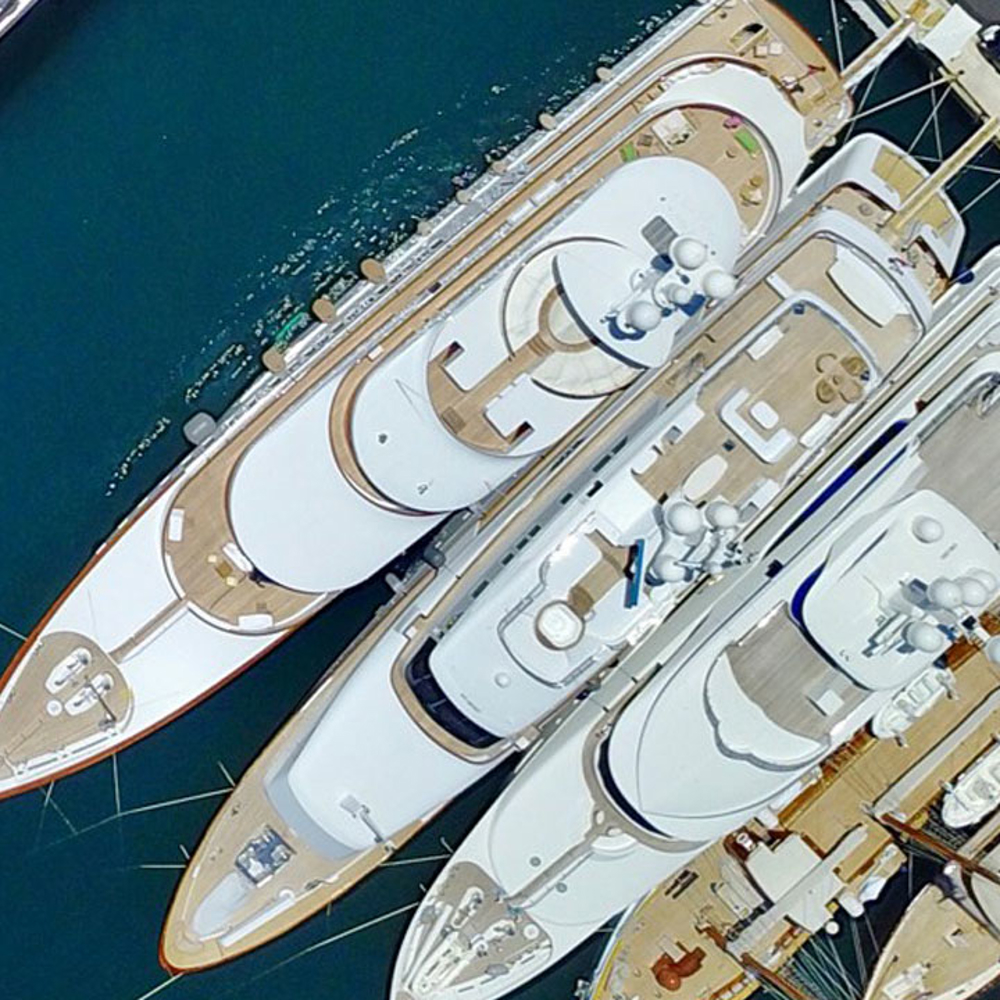At the heart of the yachting world in Monte Carlo, the LR Yacht Technical Advisory Board gathered to discuss the Maritime Energy Transition and advance LR’s mission of ‘working together for a safer world’.
The Lloyd’s Register (LR) Yacht Technical Advisory Board (YTAC), now in its 5th year, comprises more than 20 members, including various flag states. It shapes the development of LR’s Rules and Regulations, ensuring that they are suited to the yacht industry and that a balance is made between the demands of projected operational use and ship safety.
Meeting face to face for the first time since the start of the COVID-19 pandemic, the YTAC highlighted the challenges of the Maritime Energy Transition and addressed several key areas to make the global yacht industry safer.
Energy Transition, the challenge
The Maritime Energy Transition continues to dominate the narrative in the maritime space. The energy challenge is not just about the use of alternative fuels, but also the international regulations addressing Green House Gases the industry will have to face. This was outlined by the Technical and Environmental Director of SYBass, Lorenzo Pollicardo, who concluded that pre-active action from the yacht industry is a prerogative.
The yacht industry is already seeing the first early movers and adopters of novel technologies, with some exciting projects classed with LR and a wide range of Approvals in Principles. LR continues to be very well placed to guide clients through the energy transition, whether by helping evaluate the existing fleet’s resilience over the next five years or in scoping appropriate new construction programs that build on the right technologies.
Battery Safety, an Immediate Impact
With the recent increase in yacht fires due to malfunctioning or inappropriate use of batteries, the Committee has finalized the Lloyd’s Register Guidance on the use of battery-powered yacht supplies. A valuable tool for the industry to mitigate the risks and something which can have an immediate impact.
Life in the balance - launching appliance
As the size and sophistication of yachts increase significantly, so have the tenders being used along with the height from which they are launched. Past and recent incidents with lifeboats have shown that 24% of these can be attributed to the components being used for launching. Wire ropes, winches, brakes, and hooks were discussed, with LR’s Lead Technical Specialist, Maro Hartmann proposing a risk coefficient approach as outlined in LR’s Code for Lifting Appliances in the marine environment.
Industry consistency – LR sets the standard
The guidelines on tonnage measurements for yachts were written four years ago by LR to create a common and consistent approach. These guidelines have grown to be the standard the industry refers to. With the strong support of the flag states the YTAC has decided it should be officialised through a different platform, something LR will be working closely with the other class societies and flag states on.
In his closing remarks, the outgoing Chairman of the Committee, Dr.-Ing. Lars Eggert, Head of Naval Architecture, Fr. Lürssen Werft GmbH & Co. KG, outlined the importance of LR’s YTAC for the global yachting industry:
“In the current situation, driven by sustainability and digitalisation challenges, it is essential to have such a highly competent and stable team such as the LR Yacht Technical Committee working together with the experts of Lloyd’s Register on solutions for one of the most innovative sectors of shipbuilding.”






